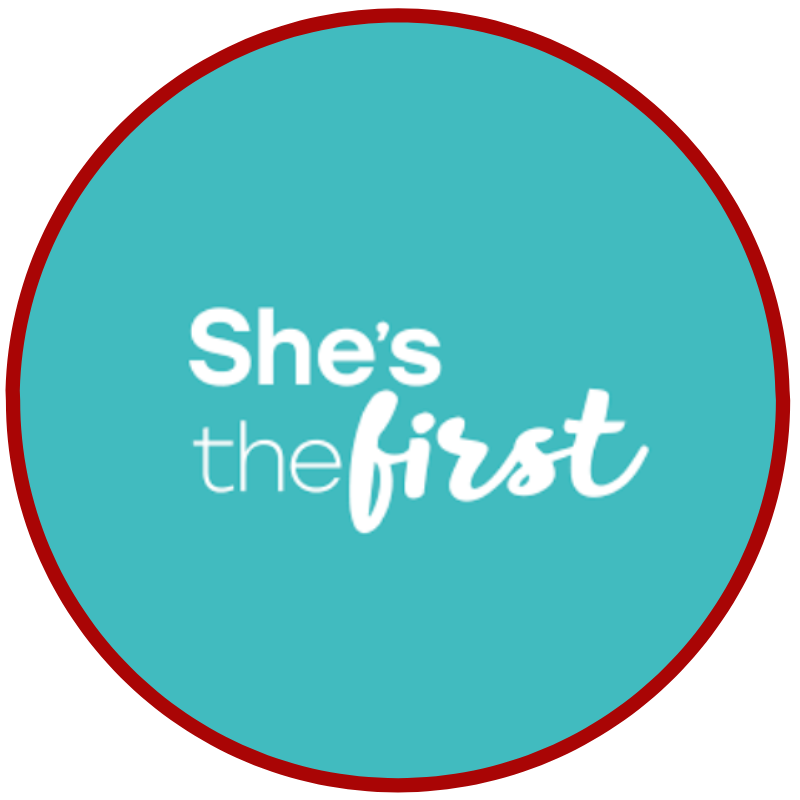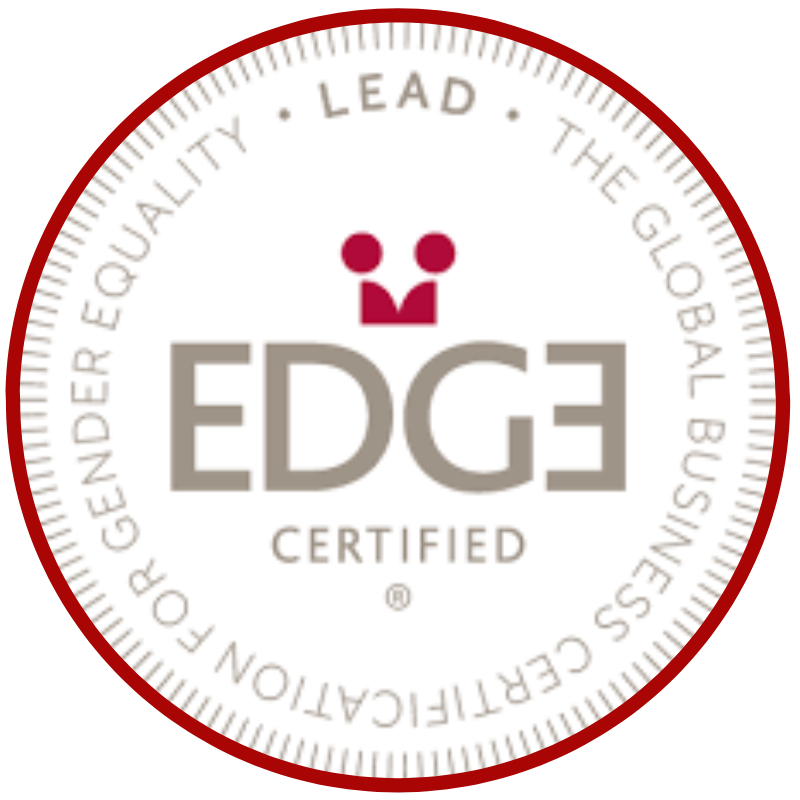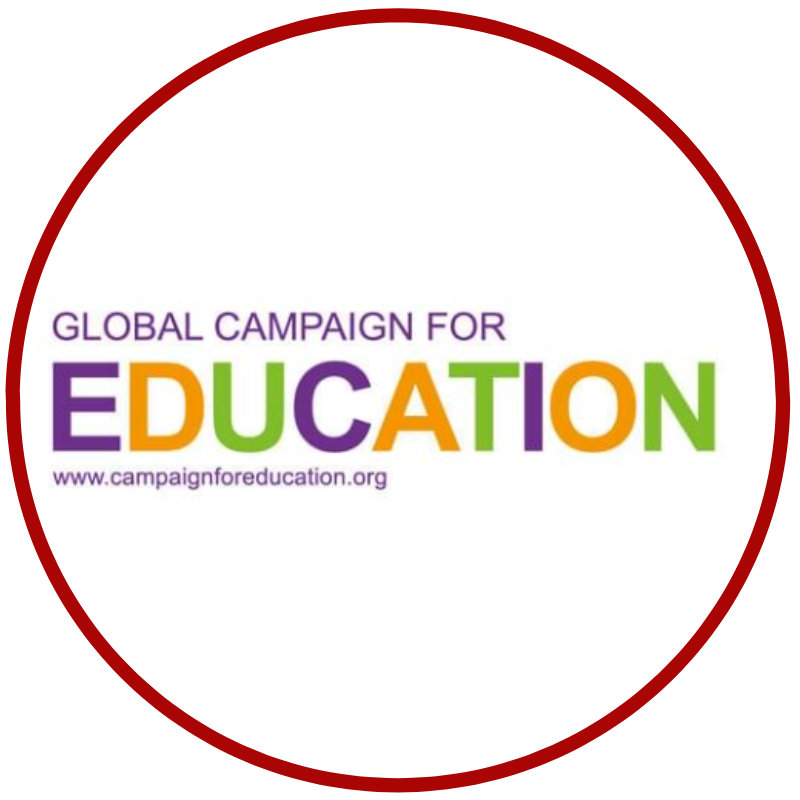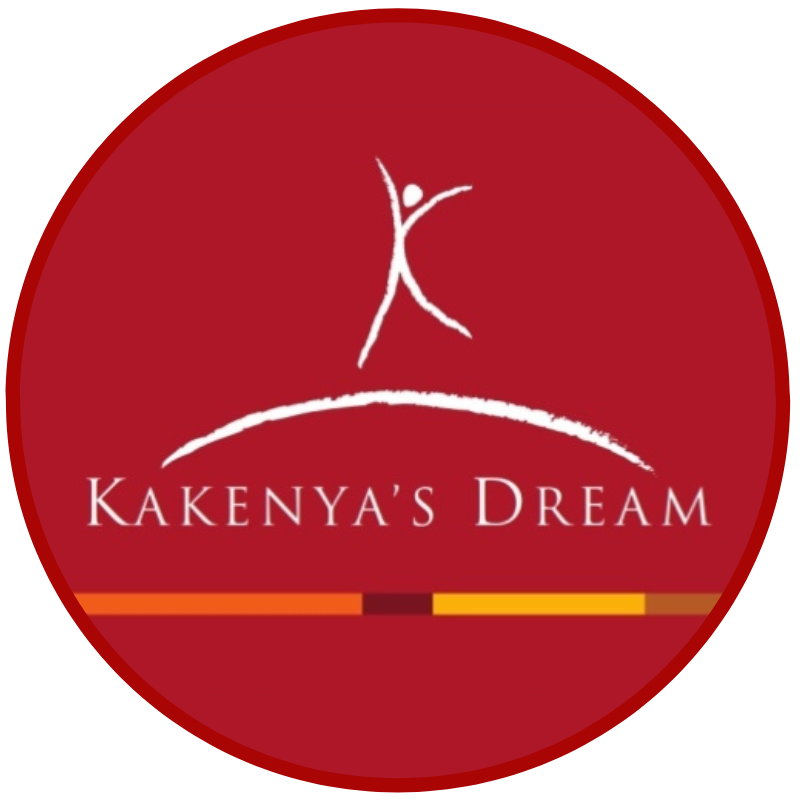 On Saturday, April 14, I was privileged to moderate a panel at the 18th Annual International Development Conference at Harvard’s Kennedy School of Government. This student run conference was literally packed, with about 500 attendees filling every nook and cranny of the JFK School’s Rotunda. The daylong event kicked off with two provocative and fascinating speakers, Martin Wolfe from the Financial Times and Dani Rodrik from Harvard, who had sometimes an eye-opening conversation on globalization, its limits, and the importance of democratic institutions to development and growth. The panel I moderated was on Gender, Poverty & Development, and focused on the importance examining the different roles of men and women, boys and girls as we formulate policy and programs to both stimulate economic growth and create stable and viable institutions.
On Saturday, April 14, I was privileged to moderate a panel at the 18th Annual International Development Conference at Harvard’s Kennedy School of Government. This student run conference was literally packed, with about 500 attendees filling every nook and cranny of the JFK School’s Rotunda. The daylong event kicked off with two provocative and fascinating speakers, Martin Wolfe from the Financial Times and Dani Rodrik from Harvard, who had sometimes an eye-opening conversation on globalization, its limits, and the importance of democratic institutions to development and growth. The panel I moderated was on Gender, Poverty & Development, and focused on the importance examining the different roles of men and women, boys and girls as we formulate policy and programs to both stimulate economic growth and create stable and viable institutions.
The three tremendous speakers were Carla Koppell, Senior Coordinator for Gender Equality and Women’s Empowerment, USAID; Jishnu Das, Senior Economist, World Bank; and Brenda Gael McSweeney, Boston University’s Women’s Studies Program (WSP), former UNDP Coordinator and UN Rep in India. They brought vast and wide ranging experience and perspectives to the discussion, and had between them, had worked in every corner of the globe. The panel looked at (1) why gender analysis matters; (2) what’s the best case for paying attention to gender issues; (3) how to win over skeptics; and (4) how to sustain the work.
It was a lively discussion, which could have gone on for much longer. While there was broad agreement about the importance of looking at gender and its impact on policy, there were also differences in the panelists’ perspectives and priorities. While we can make a business or competitiveness case for including women in every sector of society, there was also discussion that we must deal with issues like fighting gender-based violence because it is right thing to do and may not have an immediate economic impact. There were also somewhat different views on how to address cultural and class barriers, and also around the effectiveness of specific interventions.
All in all, it was a rich experience and I hope to be asked back!





